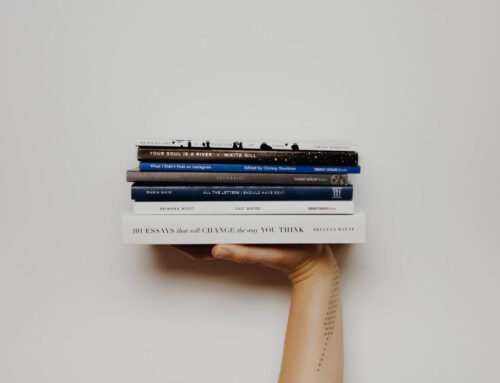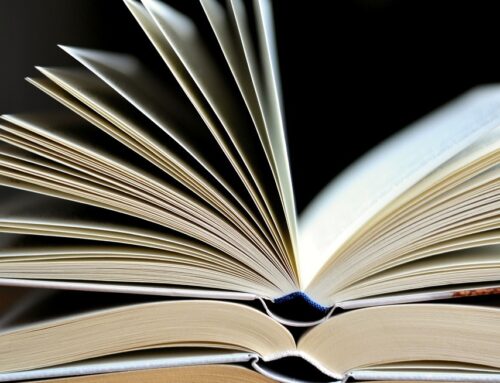A mixture of best-seller fiction, performance art, memoir, cutting-edge medical/academic texts, alternative perspectives – voice work, ancestral and hands-on-healing – and childhood favourites. I hope you enjoy!
Daisy Darker describes the mechanics of how trauma can work in the real world. With its character tropes and twisted family relationships, this work of fiction captures the dynamics of trauma re-enactment. A best-seller and ‘an all-consuming tale of psychological suspense’ it’s both reader-friendly and clever. It was good to read, a vivid translation of the trauma and spirit worlds, written for the general public. Then of course there’s the ‘thinking’ person’s version, The Master Butchers Singing Club by Louise Erdrich. Brilliant!
Another trauma-related book that I love, is by Bryan Doerries and called The Theatre of War – What Ancient Greek Tragedies Can Teach Us Today. Theatre of War productions puts on performances of Greek tragedy for trauma survivors – soldiers, addicts, prisoners … Bryan Doerries creatively applies trauma knowledge to make a difference. Both this book and his work would have gone under my radar if I hadn’t enrolled on Thomas Hubl’s free ancestral trauma summit.
Stephanie Foo’s What My Bones Know is ‘a searing memoir of reckoning and healing’ by an acclaimed journalist. A personal story Stephanie knows what she’s talking about. Whilst Al Weiwei’s 1000 years of joys and sorrows – a memoir is in places, more than harrowing. Yet, what he does with the horrors of his youth, his creativity and worldwide artistic reach, is a complete triumph.
Then of course we have the hard-hitting, cutting-edge trauma classics written by medical professionals and academics. These authors introduced me to addiction and compassionate inquiry, somatic experiencing, neuroscience, and attachment research. Their books changed my life and my perspective on trauma. The names and books below are some of the many titles I’ve read, over the last ten years. Each had a profound effect.
- Gabor Mate– In the Realm of Hungry Ghosts
- Peter Levine– Waking the Tiger: Healing Trauma
- Bessel Van der Kolk– The Body Knows the Score: Mind, Brain and Body in the Transformation of Trauma
- Kathy Kain and Stephen Terrell – Nurturing resilience: helping clients move forward from developmental trauma
Again, a host of free summits and the NICABM advanced trauma courses have introduced me to new titles, some by the authors listed above and others by up-and-coming giants in the field of trauma.
My reading of these trauma books was intertwined with a wider reach, books such as The Hero with a Thousand Faces by Joseph Campbell and Tao of Equus by Linda Kohanov,
They made a difference and complimented favourite reads from my professional work in vocational rehabilitation when authors such as Oliver Sacks, Temple Grandin and Virginia Axline along with John Ruskan and Dr Arthur Janov, come to mind. Alongside them are cutting-edge authors from the more alternative field, authors like Chloe Goodchild (sound), Stephen Buhner (plants) and Barbara Brennan (healing).
But do you know what? My childhood and early adolescent reading also reflected a trauma theme. In books, such as The Wizard of Oz (starts with Dorothy’s blow to the head or traumatic brain injury), Alice in Wonderland (a rare disorder which changes how the brain perceives things) and the Lord of the Rings (based on Tolkien’s experiences in WW1, a social commentary on industrial expansion …) this theme carries a heavy weight: has a big voice. These childhood books resonated with me, they demonstrated how others experienced trauma and ultimately set out a process and a route beyond.
Yet, my all-time favourite is a children’s book that I read in adulthood. It is called, The Secret Garden by F.H. Burnett.


